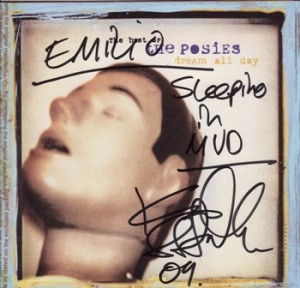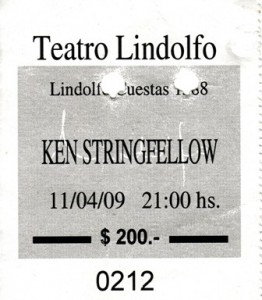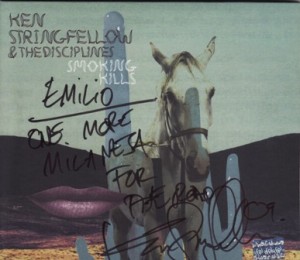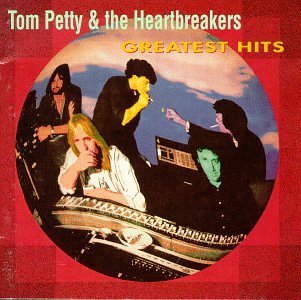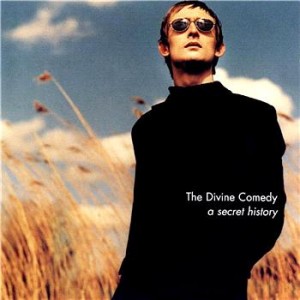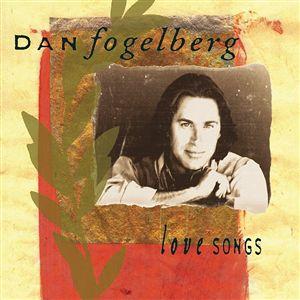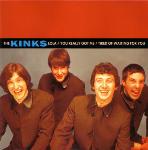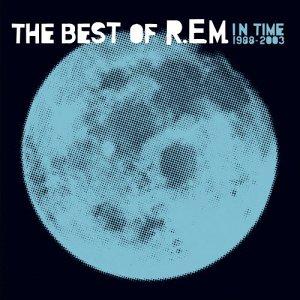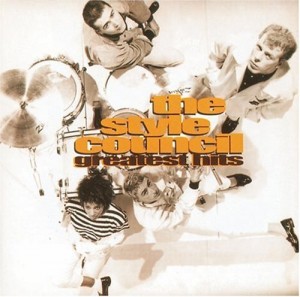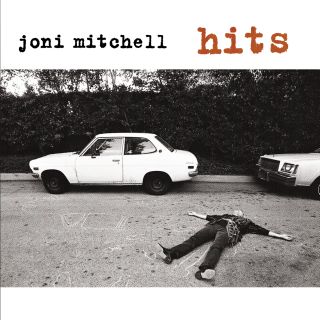
“Hits” Was Issued In 1996. It Anthologized The Songs That Could Be Deemed As “Classic” Joni Mitchell. A Companion Album Named “Misses” Captured Her Most Experimental Side.
The success of the “Turbulent Indigo” album (1994) led Joni Mitchell to a true commercial resurgence. Suddenly, a whole new generation was interested in the music the Canadian performer had created over the three previous decades. Reprise (Joni’s label at the time) moved fast to meet that demand, and Mitchell agreed to the release of a “Best Of” package provided that she could also release a compilation of quasi-hits. That was how the “Hits” and “Misses” albums came to be.
Joni Mitchell reminds me of Bob Dylan in the sense that even in their heydays both performers landed a comparatively small number of bonafide hits. In the case of Joni Mitchell, a Top 7 hit was as hard as she would hit the charts. The song was “Help Me”, and it is obviously included here along with her other three Top 30 hits: “Big Yellow Taxi” , “Free Man In Paris” and the infectious “You Turn Me On (I’m A Radio)”, one of her most joyous compositions.
Of course, quintessential tracks like “The Circle Game” and “Both Sides Now” are featured, and they sound as sharp as ever.
“Blue“, Joni’s breakthrough record (and my favorite album of hers) is represented by “California”, “Carey” and “River”. I must say that while both “California” and “Carey” (an alias for James Taylor, her flame at the time) are very good songs, they are not the songs that give “Blue” its edge. The songs like “River” do it; songs which are sparser instrumentally and that provide some of the most intimate moments not only of Joni’s career but also of the whole decade. Continue reading

